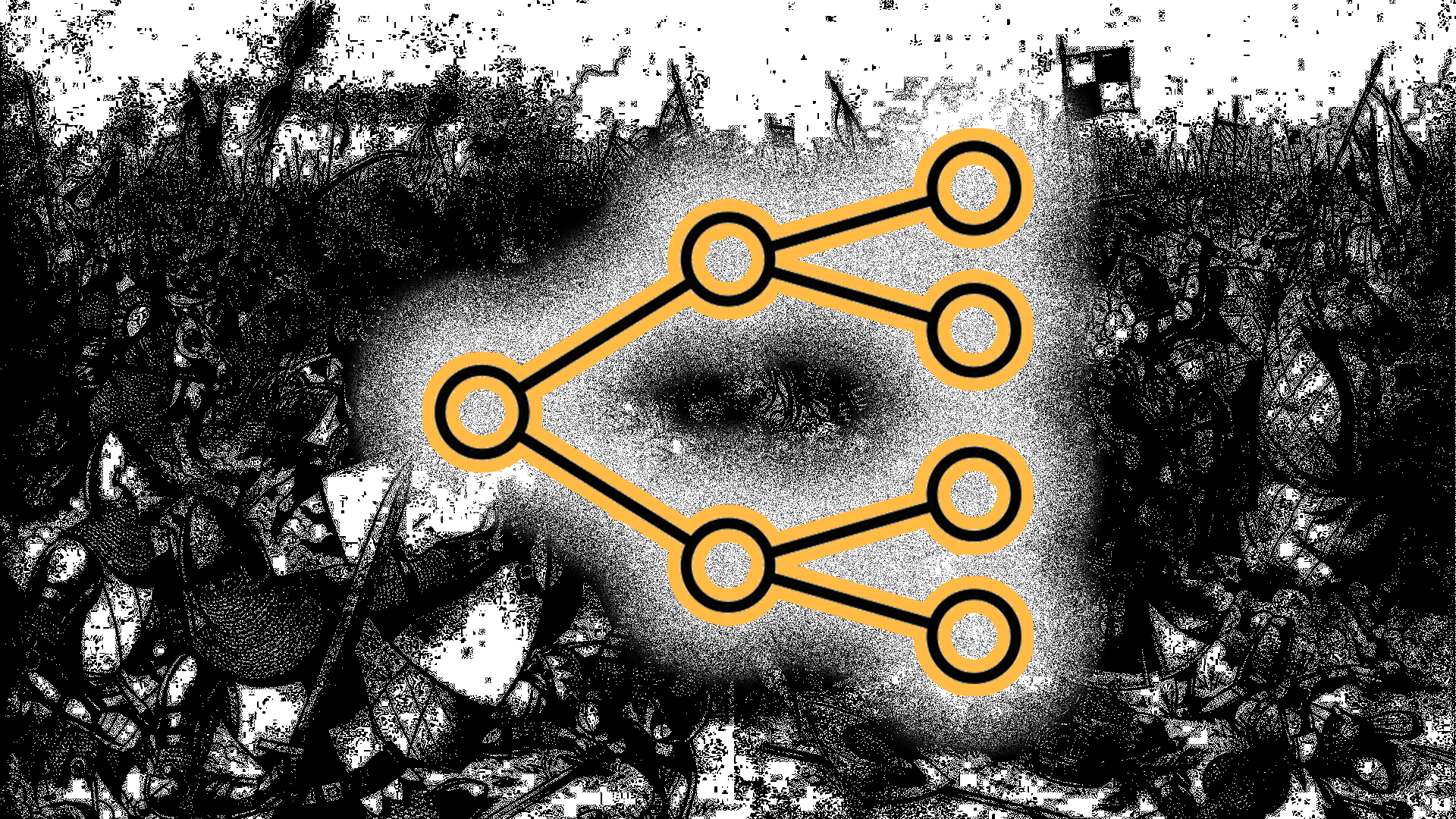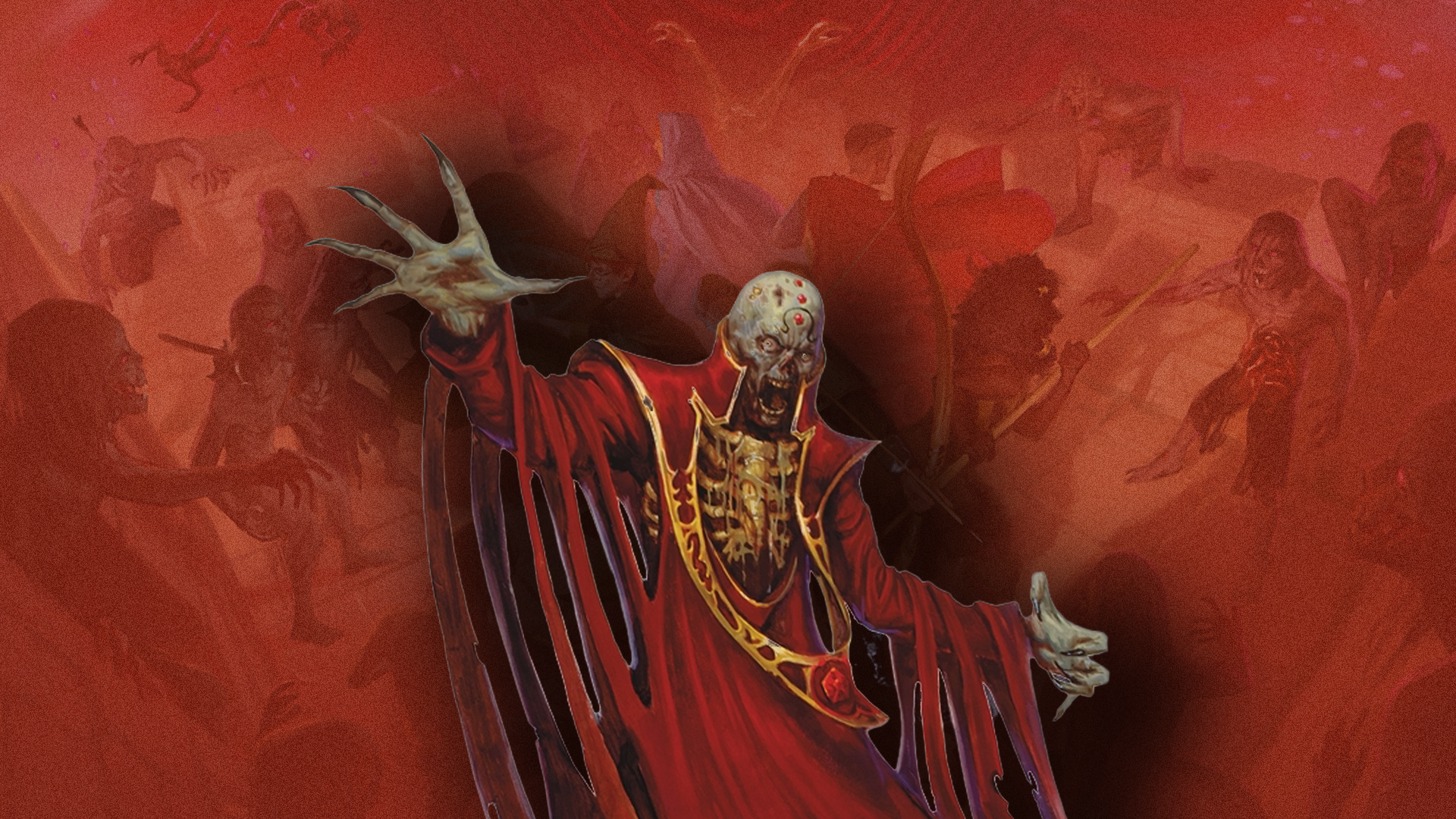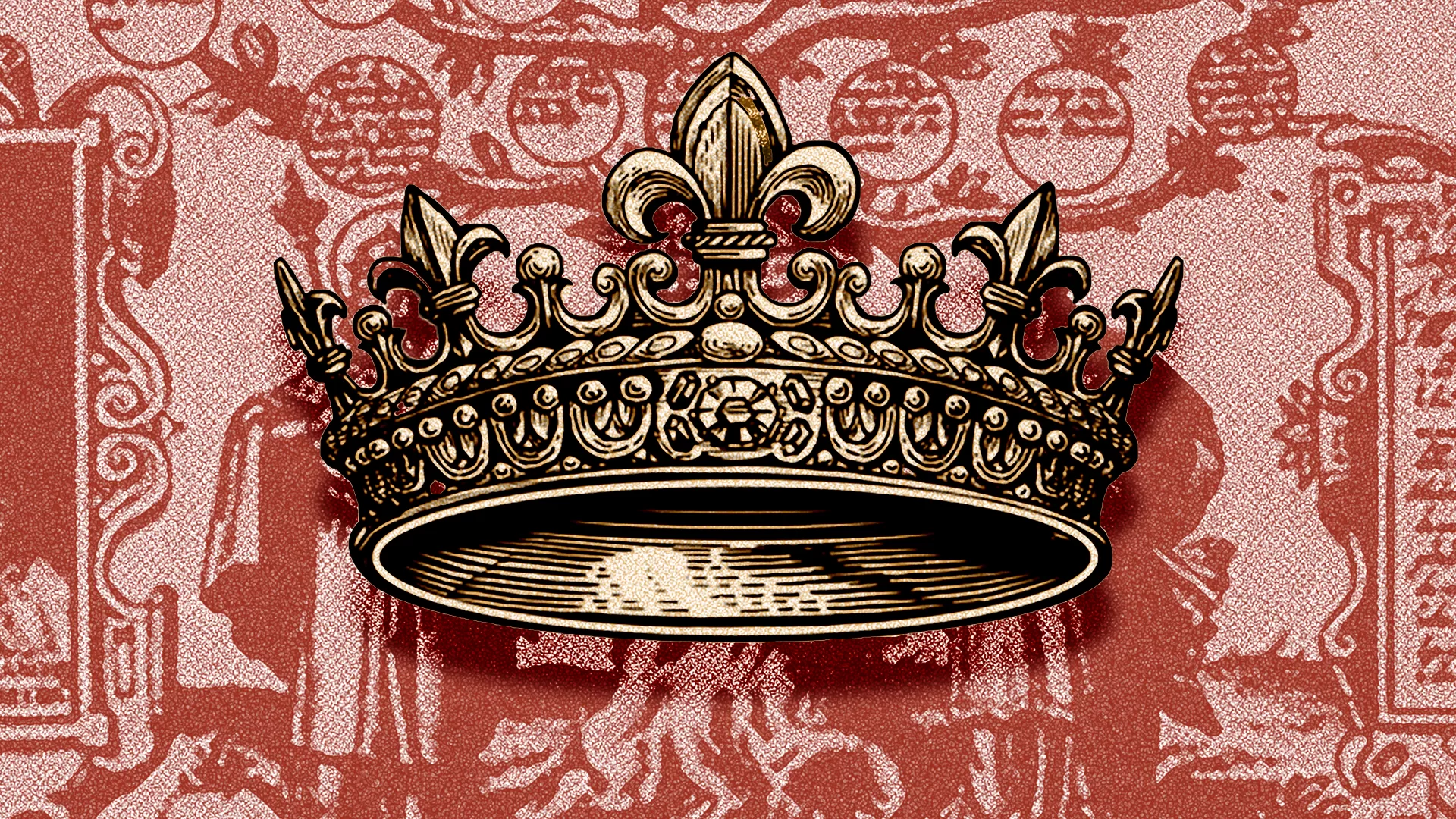The Satanic Panic was one of the last century’s most influential geek culture moments. Leading to over 12,000 reported cases of Satanic Ritual Abuse that led to a dizzying number of absolutely zero instances where this was the case. Nevertheless, this didn’t stop thousands of people from being disproportionately prosecuted just for playing a board game (see D&D and the Unabomber: One Roll Away from Chaos). One of the major pushers of this ideology was The 700 Club, a Christian variety show that defamed Dungeons and Dragons in ’89.

The station began operation in 1960 after the son of former U.S. Senator Absalom Willis Robertson bought the license for WTOV-TV and began broadcasting Christian programming to the Hampton Roads area on October 1st, 1961. The man who bought the channel was Pat Robertson, a soon-to-be talk show host.
At the beginning of the show’s history, the station faced many different issues due to the strict operating budget of $700 a month. To counter this problem, they would air special productions that would help raise money. For these events, Robertson would set a goal of 700 members contributing $10 per month (a combined $72,197.22 per month) to produce the show and keep the lights on. Robertson would refer to these patrons as the “700 Club”, which the station stuck with and continues to do so until this day.
The show would continue to rack up support and in 1966, they would host nightly two-hour shows that consisted of music, preaching, prayer, Bible study, the things you would expect to see on a Christian-focused channel. The first host of this show was a man named Jim Bakker.
Halt!
Take A Moment and Support Knight’s Digest!
Adventurers, if you’ve enjoyed the content we’ve worked so hard to create, we humbly ask for your support. Running Knight’s Digest takes countless hours of dedication, creativity, and passion, and we’d love your help to keep our dungeon full of treasure (and coffee).
If you think we’ve earned it, consider donating to help us continue crafting the stories, resources, and ideas you love.
Make a one-time donation
Make a monthly donation
Make a yearly donation
Choose an amount
Or enter a custom amount
Your contribution is appreciated.
Your contribution is appreciated.
Your contribution is appreciated.
DonateDonate monthlyDonate yearlyThe Bakker Controversy
Jim Bakker began his career in television ministry in 1966 when he joined Pat Robertson’s Christian Broadcasting Network (CBN). There, he hosted The 700 Club, which quickly became the network’s flagship program, thanks in part to his engaging personality and innovative approach to faith-based broadcasting. Bakker’s success at CBN laid the foundation for his later ventures.
In 1973, Bakker and his wife Tammy Faye left CBN to co-found the Trinity Broadcasting Network (TBN) alongside Paul and Jan Crouch. After, they moved on to launch their own ministry, culminating in the creation of The PTL Club in 1974. This televangelist program reached millions of viewers and helped fund the development of Heritage USA, a Christian theme park and resort in South Carolina that drew significant attention in the 1980s.
However, Bakker’s career took a dramatic turn in 1987 when allegations surfaced that he had paid hush money to Jessica Hahn, a church secretary, to cover up a sexual encounter. This revelation led to further scrutiny of PTL’s finances, uncovering evidence of mismanagement and fraud. In 1989, Bakker was convicted of 24 counts of mail and wire fraud and conspiracy, resulting in a 45-year prison sentence, later reduced to eight years on appeal. (This was a side rant and a rabbit hole that I had to share with you. This does not relate to the main story.) This all relates to The 700 Club and their controversial people on their show.
Change in Gears
Soon after Bakker was let go, Robertson took over the show and shifted it towards more of a talk show that discussed Christian topics with news/opinion and lifestyle segments that featured interviews. This exploded the popularity of the show, with them being broadcast at the same time as other morning programs such as NBC’s Today and ABC’s Good Morning America.




As one of the most influential Christian programs of the era, The 700 Club had a far-reaching platform, particularly among conservative Christian households. Its endorsement of the idea that D&D was a spiritual and moral threat gave credibility to a fringe theory, pushing it firmly into the mainstream. For many families, The 700 Club was a trusted source of information about the intersection of faith and culture.
When Pat Robertson and his guests framed D&D as a gateway to Satanism and spiritual corruption, it validated the anxieties of parents and community leaders already primed to view youth culture as morally suspect. The program’s reach meant that these ideas spread quickly, particularly in evangelical circles, where moral purity and spiritual vigilance were cornerstones of daily life. The consequences of this messaging were far-reaching (see How “Satanic Panic” Almost Banned Dungeons and Dragons).
The Far-Reaching Consequences
Gaming Culture
All of a sudden, teens and young adults who played Dungeons and Dragons became targets in communities and seen more as devil worshippers rather than people trying to have a good time with their friends.
Stories consist of today in which former teens confessed that their parents would confiscate or burn their rulebooks, dice sets, and other campaign materials after watching the show. For many years, players faced unearned pain from the stigma attached to their hobby. This led to many either playing in secret or abandoning the game entirely.
Legal Ramifications
The fear spread by The 700 Club and other programs seeped into law enforcement and judicial systems. Police departments even received training materials that included warnings about supposed signs of occult activity, many of which directly referenced D&D and similar games.
This led to unjust investigations and prosecutions based on loose connections to gaming.
One infamous case was the McMartin preschool trial, where children’s fantastical descriptions of tunnels and secret rituals—aided by leading questions from investigators—were interpreted as evidence of Satanic rituals. Although not directly tied to D&D, these fears often overlapped, as both were seen as part of a broader trend of occult influence.
Religious and Media Echo Chambers
The 700 Club’s influence extended beyond its own broadcasts. Other Christian media outlets picked up and echoed its warnings about D&D, amplifying the message. Churches organized anti-D&D seminars, youth groups discouraged members from participating, and Christian bookstores began stocking guides on spiritual warfare that included warnings about gaming.
Mainstream media also played a role, often uncritically reporting on the supposed dangers of D&D. Local news stations would air segments on “Satanic cults” that borrowed heavily from talking points established by The 700 Club. This created a feedback loop in which media reports reinforced the fears stoked by religious programming, and vice versa.
One of the most infamous examples is Tom Hanks’ first movie Mazes & Monsters, where the movie ends with Robbie Williams (played by Hanks) permanently trapped in his delusions, a tragic warning about the supposed psychological risks of role-playing games. This haunting conclusion reinforced that D&D could corrupt young minds, turning a harmless game into a path to madness.
The Legacy of Misinformation
The 700 Club’s treatment of D&D was symbolic of its broader mission to frame contemporary culture through a lens of spiritual warfare. By presenting the game as not just a hobby but a spiritual war, the show offered its audience a clear narrative: D&D was part of a larger moral crisis threatening the very soul of our nation. This framing allowed the program to position itself as a defender of Christian values, further solidifying its influence among its audience.
If you liked this article, we would really appreciate it if you signed up for our newsletter to receive the latest and greatest on what we have to offer here at Knight’s Digest or Donate to help us keep the site running! We send out monthly emails on what you’ve missed along with NPCs, Locations, and other fun material that you can incorporate into your next game!


Total Party Kill Productions
Delve into the Dungeon
Step into the world of adventure with these Dungeon Delver Club shirts—the depths are calling, answer the call!








